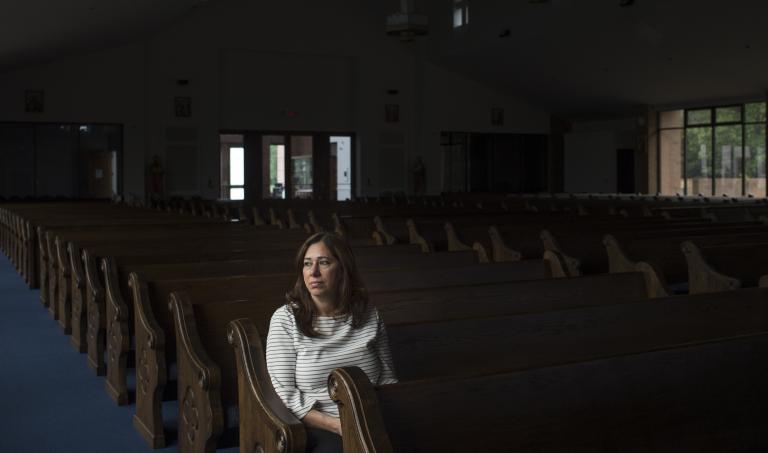The American Civil Liberties Union and partner organizations have filed a brief asking a federal court to order the release of Iraqi nationals who have been detained for months by Immigration and Customs Enforcement.
The court previously blocked the deportation of the Iraqis — many of whom have been in the U.S. for decades — until they have a meaningful opportunity to prove to an immigration court that they face persecution, torture, and death if returned to Iraq. Despite this ruling, and despite the fact that the Iraqis were living in the community for many years before, ICE has refused to release them and almost all remain detained indefinitely.
Read the brief.
“The government cannot lock people up without a reason, but ICE has done just that. These individuals have lived and worked in their communities, some for decades, and there is no reason they should not be home with their children and back at their jobs while their cases take months and years to work their way through our legal system,” said Miriam Aukerman, ACLU of Michigan senior staff attorney.
People in immigration proceedings cannot be detained unless the government is likely to remove them soon, and cannot be detained for prolonged periods without an individual assessment of whether they present a flight risk or are a danger to their community. The brief charges ICE is illegally refusing to release the Iraqis even though it could take many months or even years for their cases to be decided, and that it is detaining them without any individualized determination of whether their incarceration is justified.
In addition, those with removal orders who are detained for more than 90 days are entitled to an individualized review that addresses similar factors. However, instead of a meaningful review, the brief argues that Iraqi nationals have either been subject to blanket denials and extensions of their detention or they have not received a review at all.
“The Trump administration is shamefully prolonging the agony of these Iraqi families in the hopes that they voluntarily give up their immigration cases. It’s time for the court to once again step in and say enough,” said Judy Rabinovitz, deputy director of the ACLU’s Immigrants’ Rights Project.
The lawsuit, Hamama v. Adducci, was filed against ICE, the Department of Homeland Security, and the U.S. attorney general in the U.S. District Court/Eastern Michigan District. In addition to the ACLU, the nationwide class-action lawsuit was brought by CODE Legal Aid, Michigan Immigrant Rights Center, International Refugee Assistance Project, and the law firm Miller Canfield Paddock & Stone.

